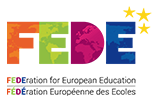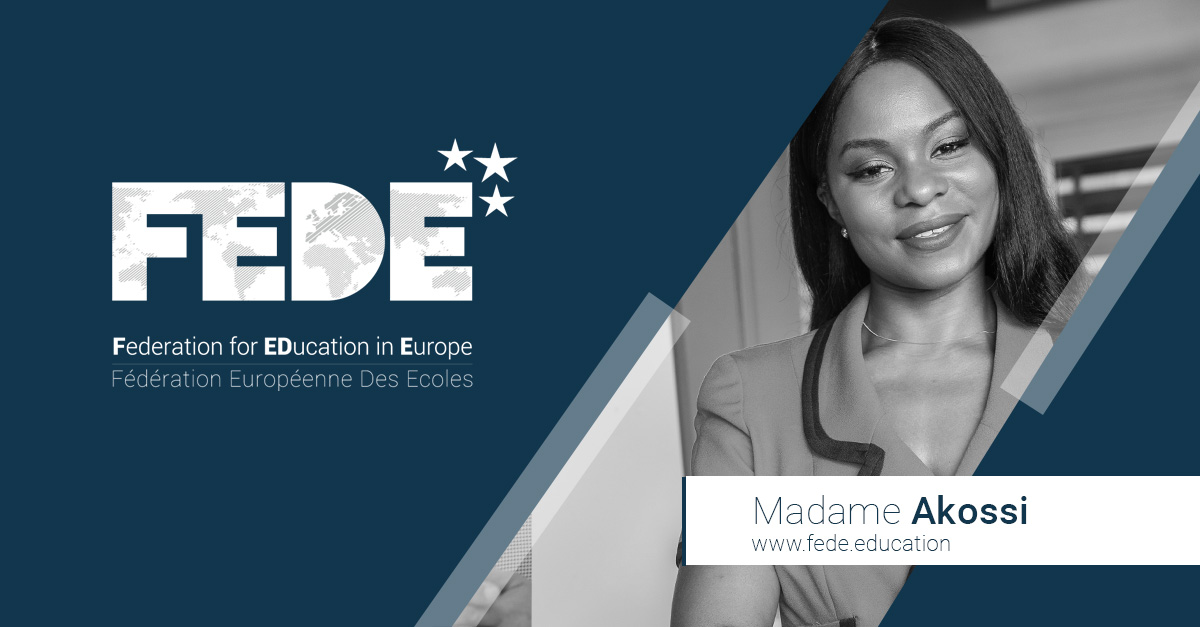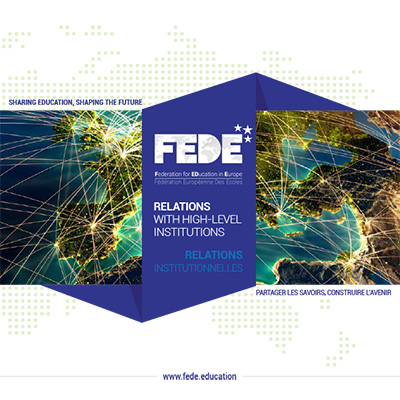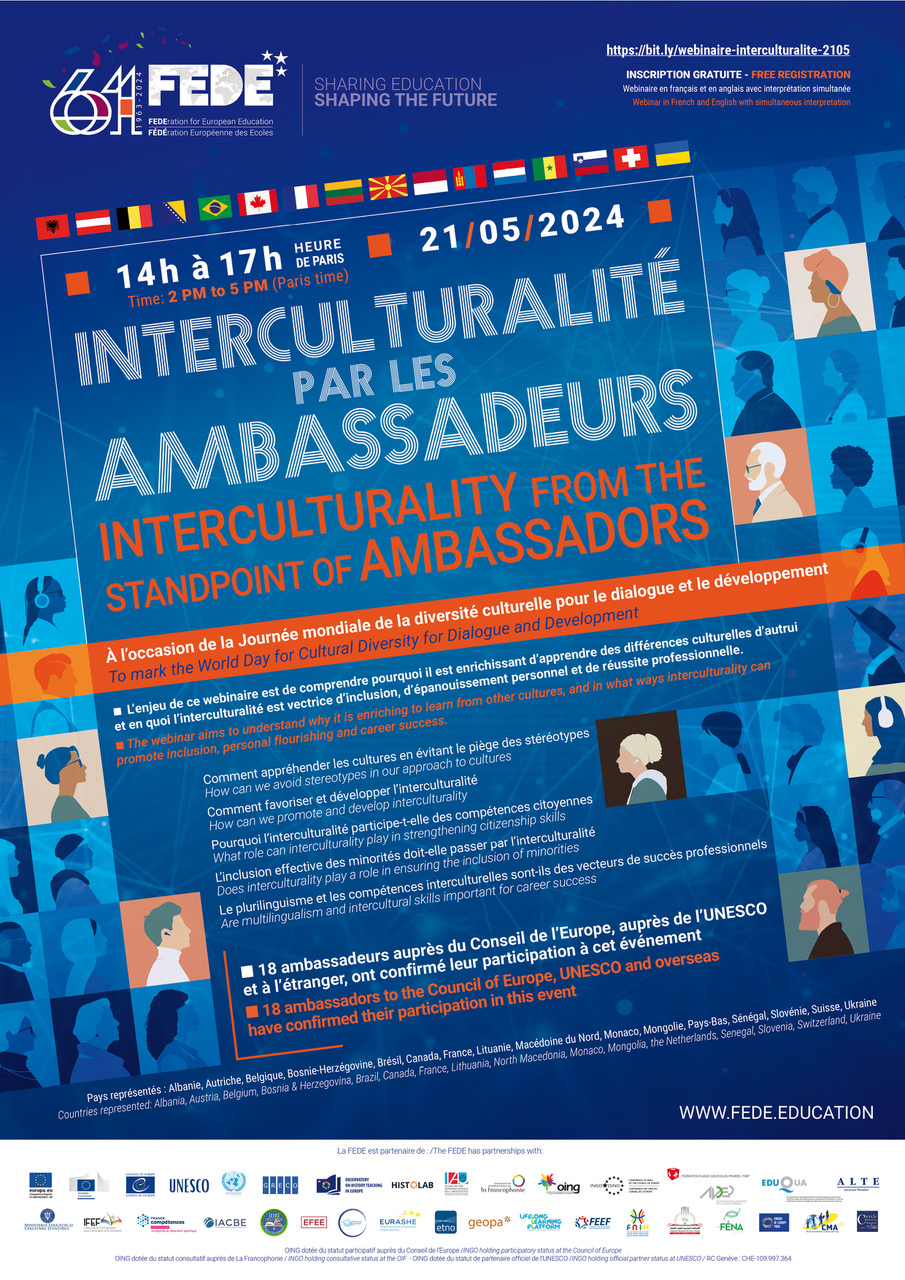You are the founder and director of HEDECI, a FEDE-member institution. Can you describe your institution in a few words and explain what exactly your role as director involves?
When I founded HEDECI my aim was to open an institution where everyone would learn in their own way, through interacting with other people and getting to know their ideas. My role today requires me to manage our activities and team but also, above all, to develop my vision of education and anticipate the needs of young people here in Reunion.
Our team of teachers and instructors provides supervision so as to offer our students a comprehensive overview of the world of work. In addition to developing solid, long-term skills, our students are also offered training in English.
Thanks to HEDECI’s partnerships with local and international actors, our students have the opportunity to gain work experience across the world. We consider international mobility to be a motor for development and for building solid long-term careers. Our hope is that, in enabling students in Reunion to broaden their horizons, we are also helping to forge positive actors for the future.
Why do you think it is important for institutions in Reunion to become more international and promote the FEDE’s humanist values?
A person learns a lot when they travel abroad! The world is full of rich places and ideas to discover. We need to encourage young people to travel. Human beings are constantly in search of knowledge, communication and freedom. By instilling these values in young people, we are helping, on a daily basis, to enrich our societies.
Sometimes the unknown can be frightening. It is our role to reassure young people and their families by offering them support and guidance in organising their mobility abroad.
Can you tell us how the FEDE/FEDE programmes have been of benefit to your institution and your educational goals?
Given the vision of education that we wish to promote amongst young people in Reunion, the FEDE is our go-to partner.
The FEDE’s programmes are doubly relevant for us since they allow our young people to gain a better understanding of Europe while also developing their knowledge, their international horizons and their awareness of contemporary and future issues.



